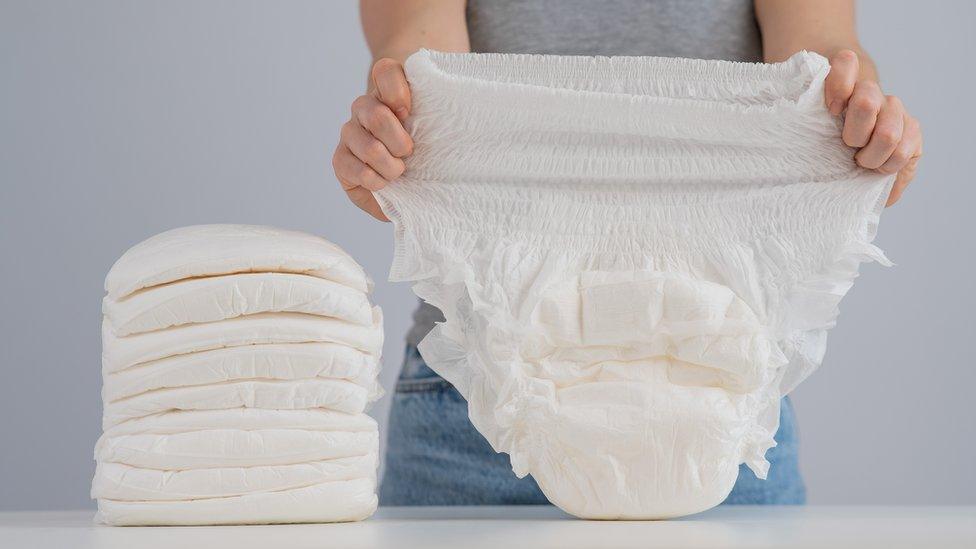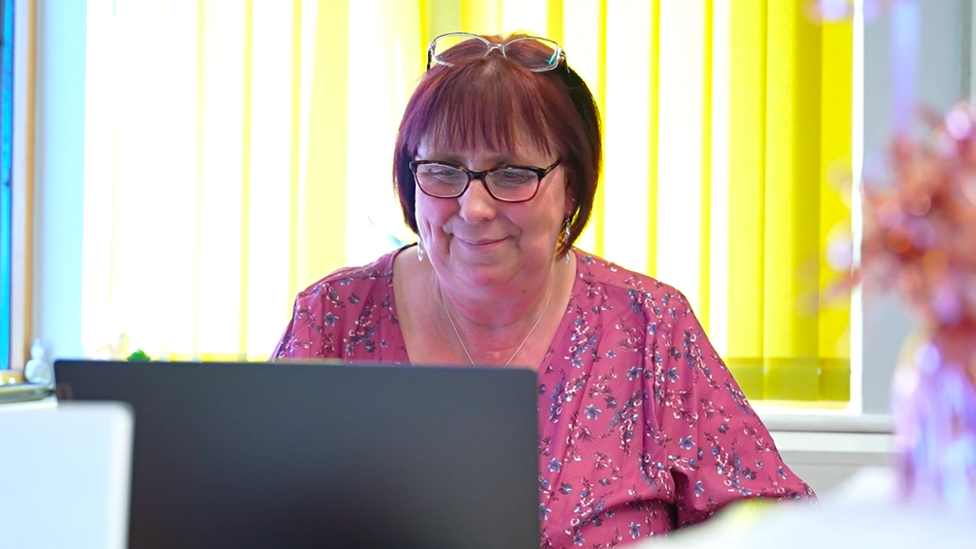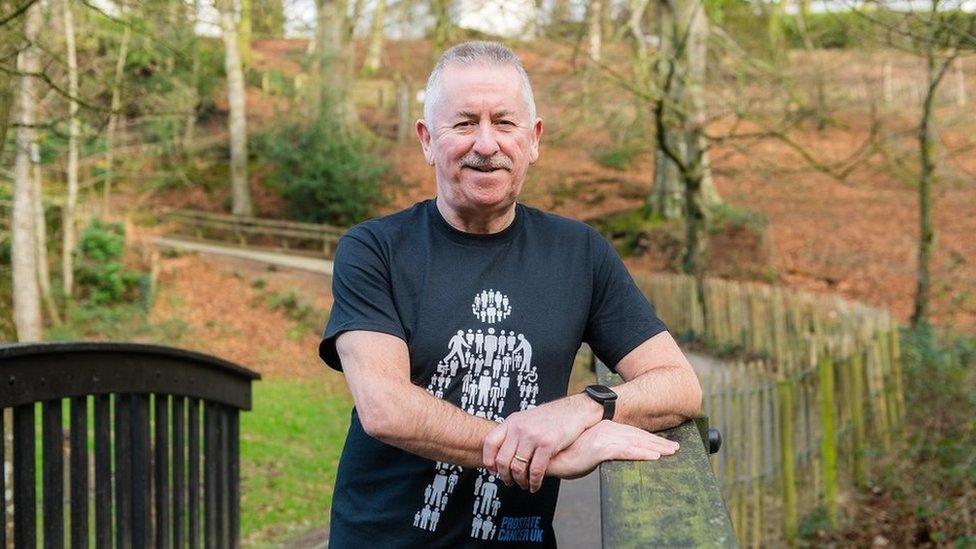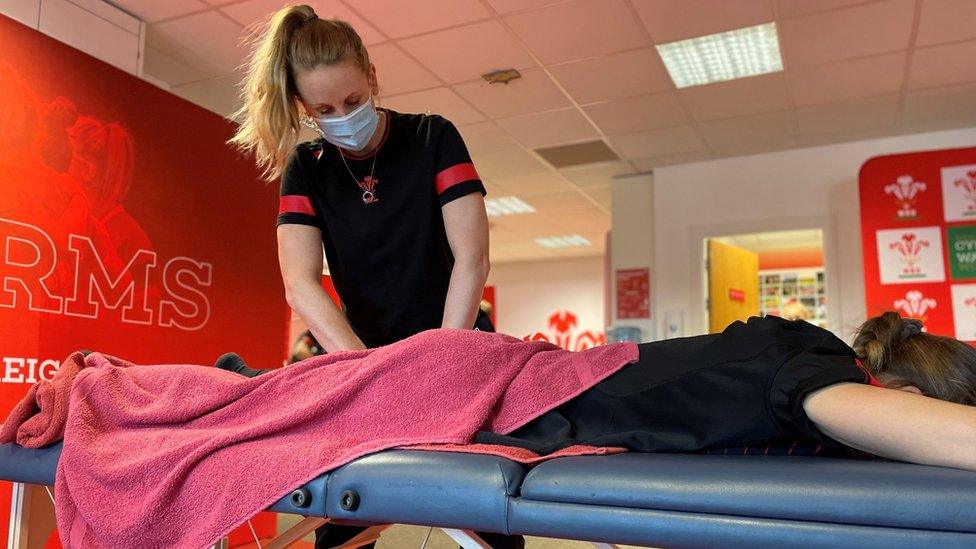Healthwatch North Yorkshire wants to end the stigma of incontinence
- Published

Healthwatch North Yorkshire said 14m people in the UK are incontinent
A health care organisation in North Yorkshire has said that 14m people in the UK suffer from continence issues.
Healthwatch North Yorkshire added that continence issues have a profound impact on people's health and independence.
In a report it said the issues were often seen as taboo, which meant people were reluctant to seek support and help.
It said people should be able to access information and help without stigma.
"We found that issues to do with wee and poo are too often seen as taboo and are not talked about. Perhaps this is due to the myth that they only affect older people," said Healthwatch's chief executive Ashley Green.


Esta Watson said her operation had changed her life
Esta Watson, 27, from Skipton, North Yorkshire, was 18 and at university when her bladder issues began.
"It wasn't normal for someone my age, I was embarrassed and didn't want anyone to know," she said.
Numerous urinary tract infections led to sepsis and eventually her consultant suggested a urostomy, external and a stoma, which is an opening of the abdomen to which a tube can be attached.
"I had missed out on so much at university and was very low with my mental health," she said.
She said despite it being a "scary prospect" the operation in 2017 had changed her life.
"My quality of life is so much better now with the stoma. After all it's only a bit of wee and we all do it."

Jackie Butterworth has set up a community for people with a stoma since her surgery
Jackie Butterworth, from Selby, North Yorkshire, said her symptoms began with blood in her faeces and she was initially told she had piles.
"At its worst I was going to the bathroom at least 50 times a day," she said.
She was unable to collect her son, who was then six, from school and was unable to go to the shops.
"I had to know where every toilet was, [because of] the amount of accidents I had when I was out and about. I just didn't have a life," she said.
She was finally diagnosed with inflammatory bowel disease in 2013 and later had surgery and a stoma fitted.
In 2020 she has established Second Chance Ostomy, external, a community group for people with a stoma.
"As British people none of us talk about it. If you mention poo and wee to anybody they recoil and don't want to talk about it, but it's important.
"If you think there is something wrong go to a GP and talk about it and get it checked."

Healthwatch said it hoped its report would start a "larger conversation" about the issues. But Mr Green, its chief executive, added that there was a need for more than just talking.
"Improved awareness, support and additional resources need to go into continence services across North Yorkshire," he said.
He added the report showed it was also important to treat people with empathy and help them maintain their dignity.

Follow BBC Yorkshire on Facebook, external, Twitter, external and Instagram, external. Send your story ideas to yorkslincs.news@bbc.co.uk, external.
- Published15 May 2023

- Published15 February 2023

- Published6 April 2022
